
i5dentalchennai@gmail.com
+91-9043765454
Full mouth implant planning is a comprehensive process that involves the use of 3D imaging and specialised software to plan the placement of multiple dental implants to restore a patient's entire upper or lower arch of teeth.
Overall, full mouth implant planning is a complex process that requires careful planning and execution to achieve optimal outcomes. It is a valuable tool for dental professionals performing complex full mouth restorations using dental implants.
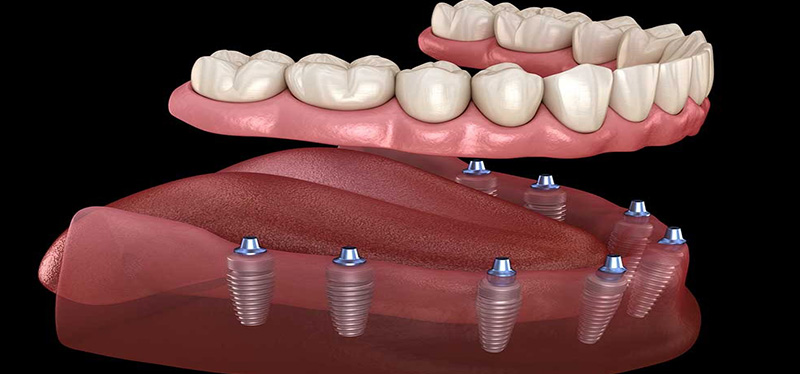
Full mouth dental implants may be recommended for patients who have lost all or most of their teeth due to severe decay, gum disease, trauma, or other reasons. Full mouth dental implants are a popular option for patients who want a long-term, durable solution for restoring their smile, improving their oral health, and regaining their ability to speak and eat comfortably.
Candidates for full mouth dental implants typically include:
Overall, full mouth dental implants may be recommended for patients who want to restore their smile and improve their oral health and function, and who are good candidates for dental implant surgery based on their overall health and dental status. It is important to consult with a qualified dental professional to determine if full mouth dental implants are the right choice for you.
When planning a full mouth implant procedure, dental professionals will typically use a combination of treatment planning strategies to achieve the best possible outcome. Here are some of the strategies that may be used:
Overall, treatment planning strategies for full mouth implant procedures involve a comprehensive approach that takes into account the patient's unique needs and preferences, as well as their oral health and dental anatomy. It is important to work with a qualified dental professional to ensure that your full mouth implant procedure is planned and executed with precision and care.
Overall, full mouth implant planning can provide a range of benefits for patients who have lost most or all of their teeth. It is important to work with a qualified dental professional to determine if full mouth implant planning is the right choice for your individual needs and preferences.
If you are in need of dental services, we invite you to come and experience our hospital. Our hospital offers a variety of dental services, from general dentistry to more specialized procedures. Our team of skilled and experienced professionals will work with you to ensure that you receive the best care possible. We are committed to providing quality care and outstanding customer service, so you can rest assured that you are in good hands.
Lorem Ipsum is simply dummy text of the printing and typesetting industry. Lorem Ipsum has been the industry's standard dummy text ever since the 1500s


Lorem Ipsum has been the industry's standard dummy text ever since the 1500s, when an unknown printer took a galley of type and scrambled


Lorem Ipsum when an unknown printer took a galley of type and scrambled it to make a type specimen book. It has survived not only five centuries


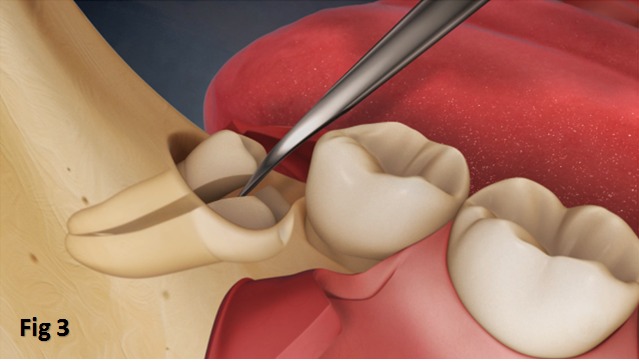
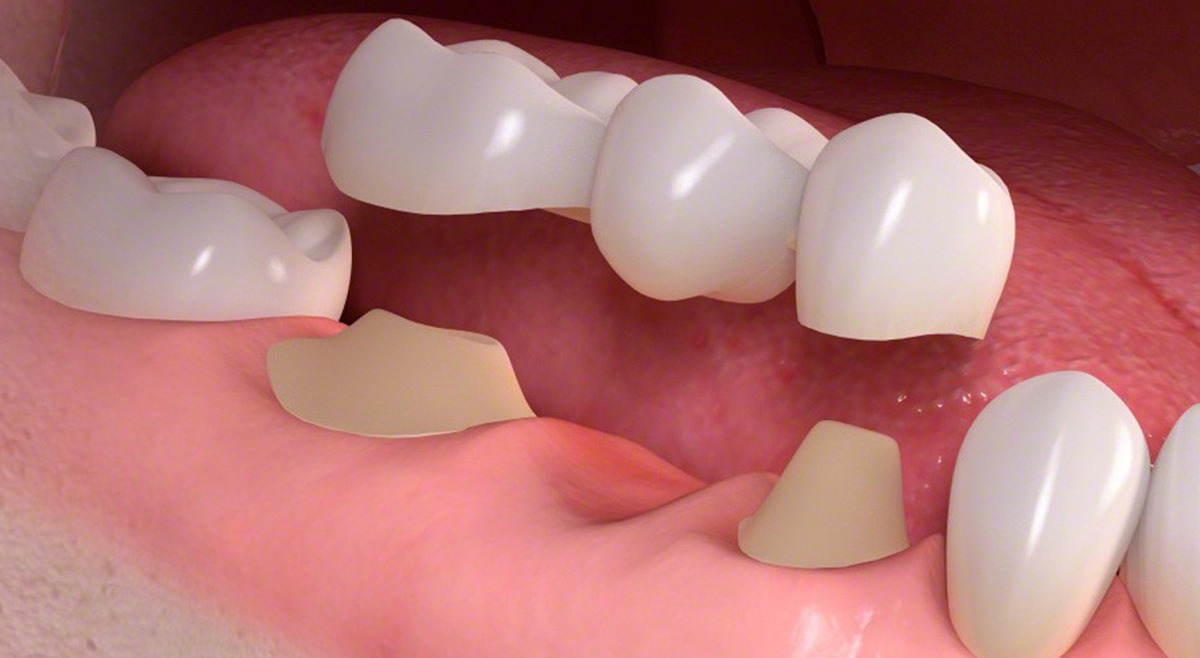
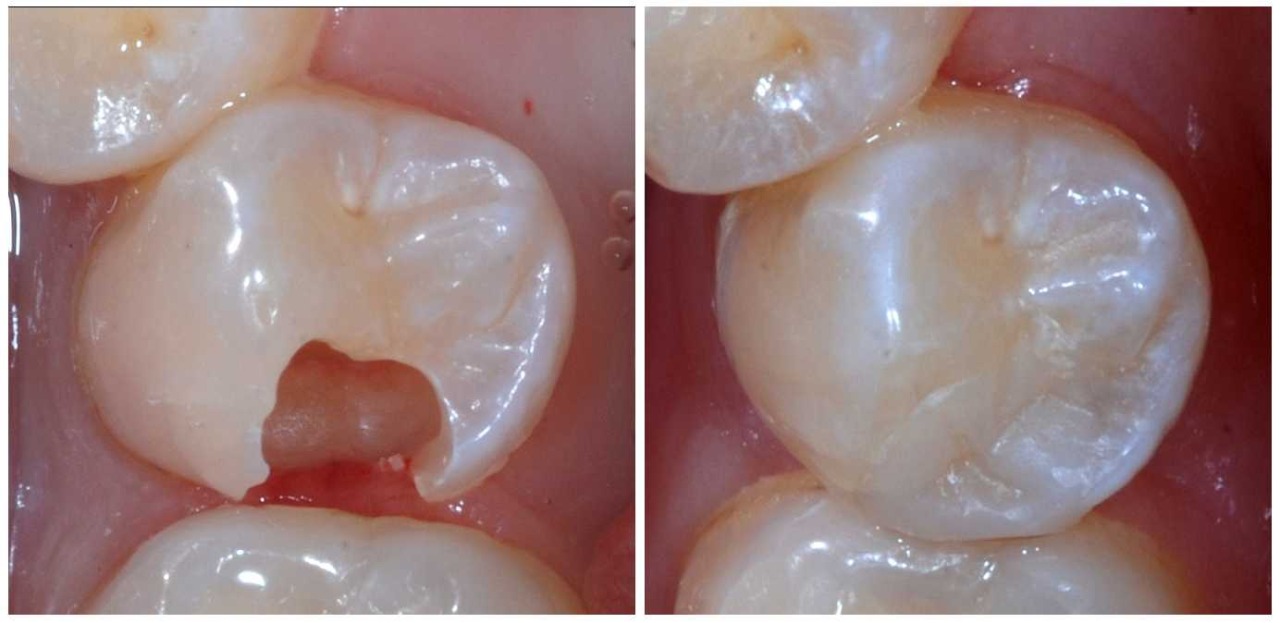
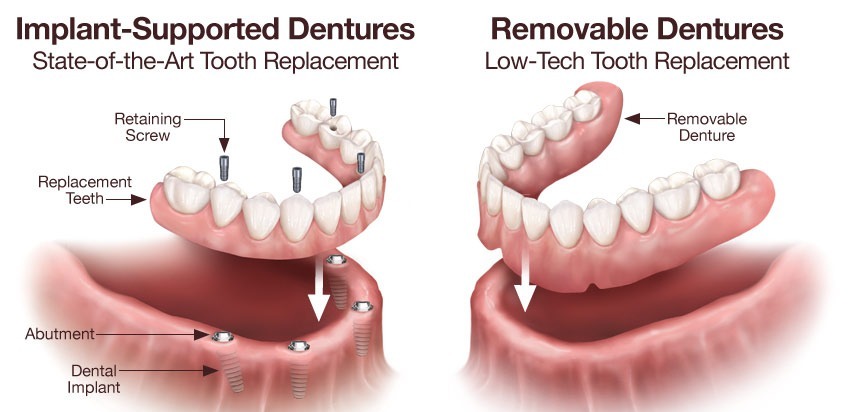
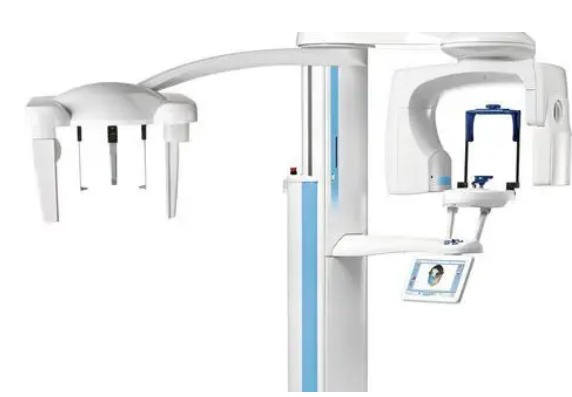
Krishna Nagar, Pammal, Chennai
i5dentalchennai@gmail.com
+91-90437654540
© I5 Dental Implant Xperts. All Rights Reserved.
Designed & Developed By SBJ SERVICES